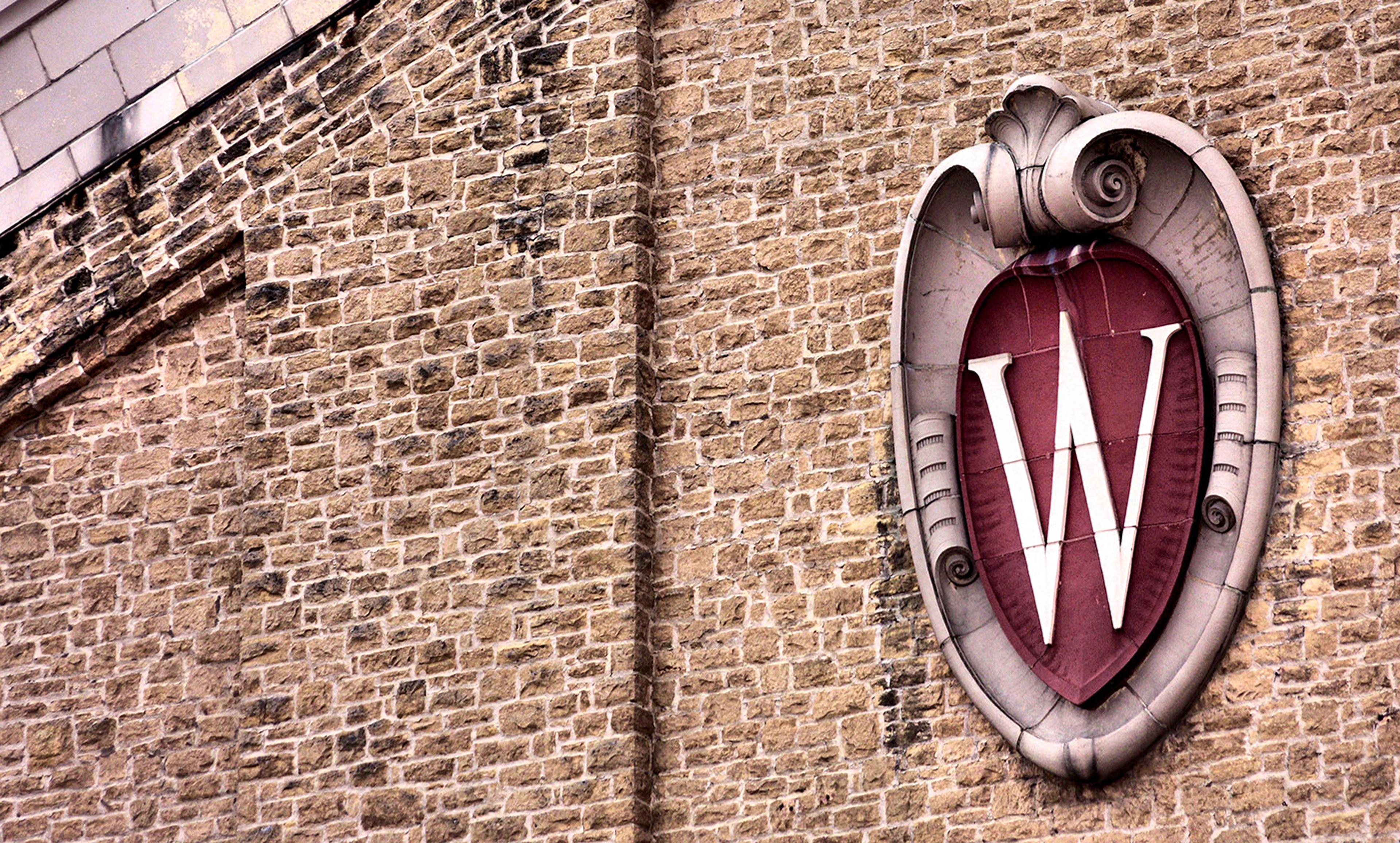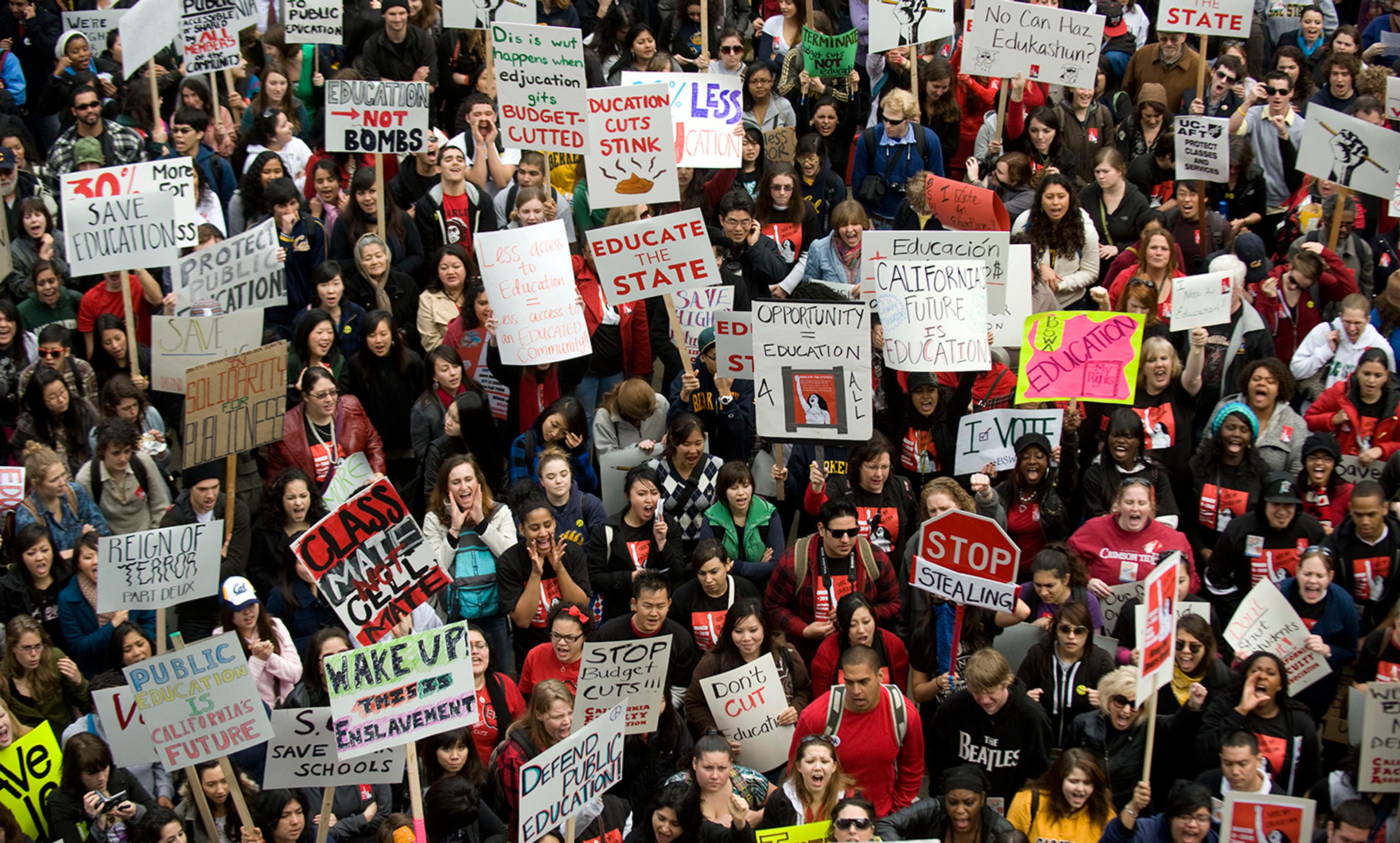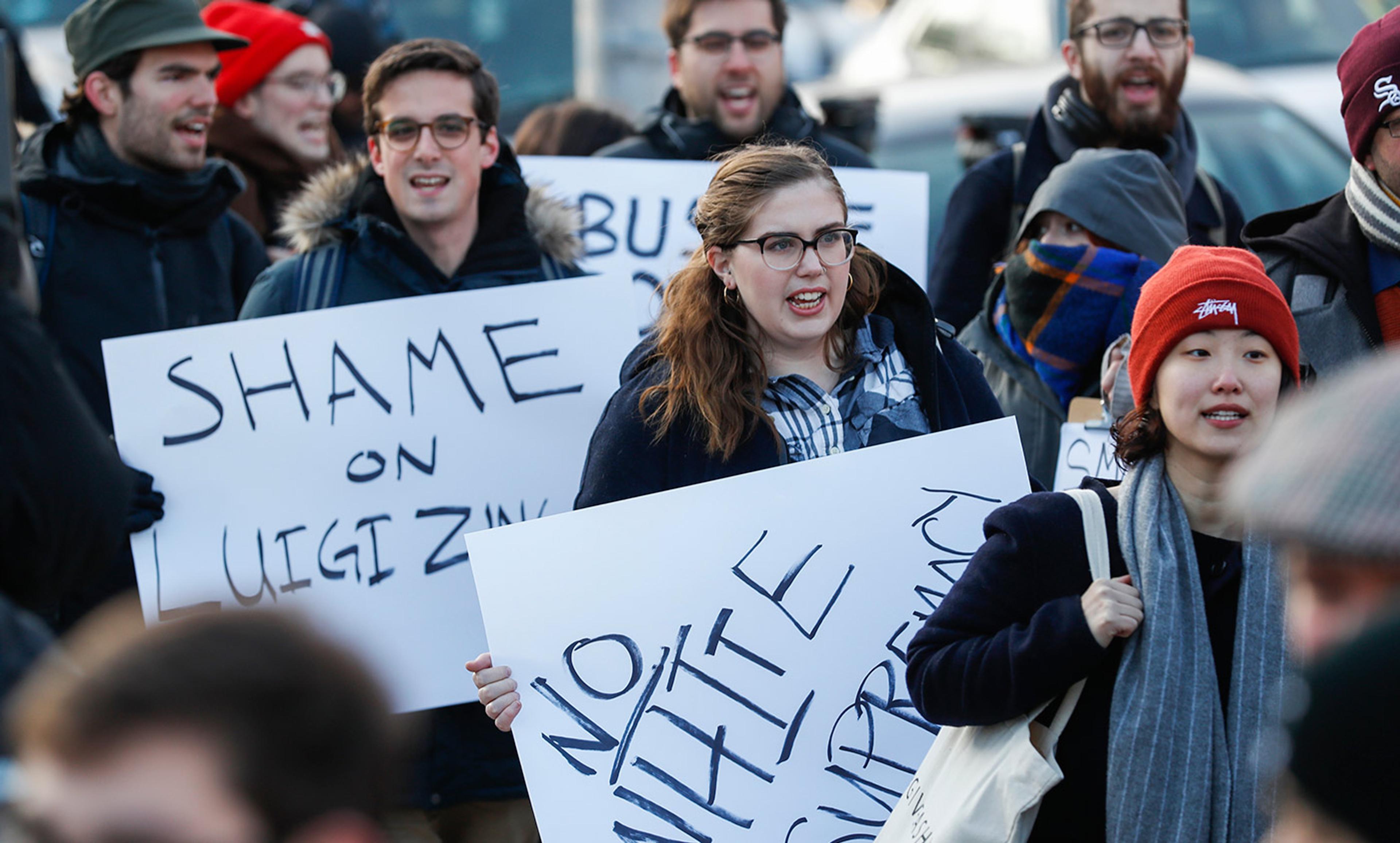Photo by Nicola Sap de Mitri
The academy has moved to the fast lane. Corporatisation has sped up the clock, compromising teaching, scholarship and collegiality. The ‘slow movement’ – originating in slow food – challenges the frantic pace and homogenisation of contemporary culture. We believe that adopting the principles of slow into the professional practice of academia is an effective way to alleviate time poverty, preserve humanistic education, and resist the destructive effects of the corporate university.
‘Slow’, Carlo Petrini makes clear in Slow Food Nation (2007), is not really about speed. It’s about the difference ‘between attention and distraction; slowness, in fact, is not so much a question of duration as of an ability to distinguish and evaluate, with the propensity to cultivate pleasure, knowledge, and quality.’
Being a professor is a privilege. We are not advocating slacking off, letting junior faculty do the heavy lifting, taking the summers off, missing deadlines, or doing less in class. Our view, advocated in our book The Slow Professor (2016), is rather about protecting the work that matters. Due to expanding workloads, the casualisation of labour, the rise of technology, the consumer model of education, and increasing managerialism, the nature of the academy has changed dramatically in the past generation. Universities are now businesses. Teaching and learning are increasingly standardised, emphasising the transfer of skills and time to completion. Both are now assessed in quantitative rather than qualitative terms. Research now is about winning grants and generating output – all as quickly as possible. Collegiality now is about useful networking.
Distractedness and fragmentation characterise contemporary life. In order to protect the intellectual and pedagogic life of the university, we need to create opportunities to think and to shift our sense of time. This might mean getting away from having everything scheduled down to the minute. We can’t do our best work if we are frantic.
It is also crucial to be aware of the structural changes in the university so we don’t blame ourselves for not keeping up. And we should not forget the joy that is possible in teaching and scholarship. We are drawn to the slow movement because its critique of contemporary culture insists on the importance of pleasure and conviviality. Talking about individual stress and trying to find ways to foster wellbeing have political implications. If we are stressed, we feel powerless to change the larger context. In the corporate university, aggressive individualism and the familiar bottom line dominate at the expense of community and social critique.
Slow teaching is not about lowering standards. Rather, it is about reducing our distractedness so that we can focus on our students and our subjects. We need to be able to concentrate on creating a convivial classroom in which our students can meet the challenges – and we can foster the joys – of learning a discipline.
Slow scholarship is about resisting the pressure to reduce thinking to the imperative of immediate usefulness, marketability and grant generation. It’s about preserving the idea of scholarship as open-ended enquiry. It will improve the quality of teaching and learning.
In the current climate, most of us simply don’t have time for genuine collegiality. As academics become more isolated from each other, we are also becoming more compliant, more likely to see structural problems, including those of general working conditions, as individual failings. When that happens, resistance to corporatisation seems futile. Collegiality, properly understood as a community practice, is about mutual support rather than works-in-progress, about sharing our failures as well as our successes, and about collaboration as well as competition. It offers solidarity.
We acknowledge the systemic inequities in the university, but we believe that a slow approach is potentially relevant across the spectrum of academic positions. Slow time is inimical to the corporate university. Scholars in tenured positions, given the protection that we enjoy, have an obligation to try to improve in the working climate for all of us. We are concerned that the bar is being continually raised for faculty and for graduate students. We need to reflect on what we are modelling for each other and the next generation of academics.






